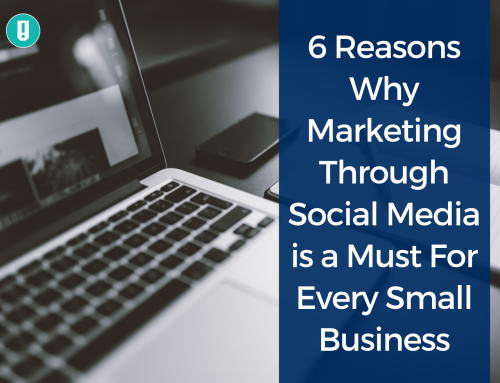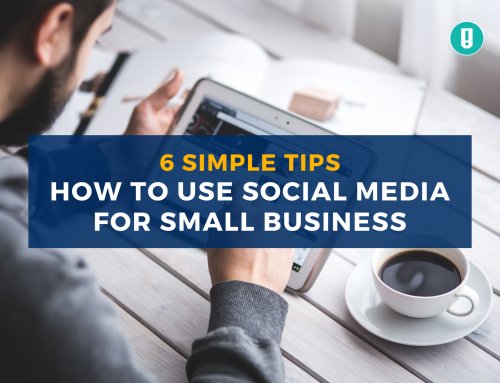For an ecommerce business to thrive amongst today’s vicious competition, standard marketing practices won’t be enough. Yes, paid ads, social media marketing, and producing content will move you forward. But they won’t provide the show-stopping results you’re after.
Fortunately, however, there is a way to boost your sales without spending a fortune on PPC and sponsored posts. So if you’re interested in getting to the next level, the following are the top ways SEO can increase sales on your website.
Keyword Research & Targeting
The main idea behind investing in SEO is to build up your business’ reputation so that you don’t have to go after your customers. Instead, if you do everything right, they will come to you. And, if people are to find you, you’ll need to be the obvious answer to their needs. What does all this mean?
It’s quite simple: you need to occupy the highest positions on Search Engine Result Pages.
But how do you do this?
Well, the answer is keyword research. Most people’s idea of doing SEO is to add relevant short-tail search terms to their web pages, but the best way to optimize your website is to go much deeper into research.
For example, if you run a business specializing in athletic footwear, your first instinct regarding keyword use would likely be to pepper your site with instances of ‘running shoes.’ However, a simple check will show that although the search volume for ‘running shoes’ is high, so is the competition. This means you’re very unlikely to reach your audience by using just that keyword.
If you do your research and look to understand what questions consumers have about athletic footwear, you’re very likely to find a variety of long-tail keywords you can use on your site. They will answer specific inquiries about the products you sell and target potential customers in different stages of the buyer journey. Thanks to this, you will reach a wide audience and convince them you’re the perfect match for their needs.
Build Trust and Authority
Now that you’ve got people to visit your pages, it’s time to make them understand that your products and services are worth investing in. The best way to do this? By leveraging trust and authority.
It’s no secret that consumers nowadays have very little faith in advertising. However, they’re seeking out product recommendations more than ever. And, it turns out that there are two relatively simple ways to make people trust your brand.
The first is to proudly display trust signals on your site, including:
- user reviews
- media mentions
- referral programs
- user-generated content
The second way to generate trust is to build your authority in your field by producing valuable, high-quality content.
SEO plays a role in both these tactics. On the one hand, the right SEO strategy can help you secure precious backlinks from trustworthy resources. On the other, by optimizing the content you produce, you’ll ensure that it’s seen by as many people as possible.
Think Locally
If your business relies on ecommerce, then the natural course of action is to focus on reaching as many people as possible. But what if you have physical locations? Surely, boosting sales at those also warrants some level of attention?
According to Think with Google, 80% of consumers look for local business information through search engines. Half of those people will visit a store they researched within 24 hours. Finally, more than double the smartphone searches for local products end up in a sale than those that are non-local.
So how can you do local SEO to boost sales? Well, the simplest way is to create a Business Profile on Google. There, you can add all the relevant information that will get buyers to your store. Other things you can do include:
- creating local-specific pages
- targeting local keywords
- creating content that covers location-specific topics
Technical and On-Page SEO
Lastly, if you’re really serious about using SEO to increase ecommerce sales, you need to invest in technical and on-page optimization. It’s not just a ranking factor for search engines. More importantly, a well-performing page contributes to user experience, ensuring that your website visits end with a conversion instead of a bounce.
Aspects to focus on include:
- mobile optimization
- page loading speed
- website structure
- security protocols
- on-page keyword use
- copy readability and layout, etc.
Of course, an aesthetically appealing web design, intuitive checkout process, and on-page help will all leave a positive impression as well.
Making SEO Work for You
Although a labor-intensive and time-consuming tactic, SEO holds great potential. After all, if it can get you high-quality organic traffic for free, then it’s definitely worth investing in.
But, no matter what you do, understand that it’s not a spray-and-pray strategy. You will need to do serious research, experiment with different approaches, and focus on the actions that work for you. The best way to do this is to keep a close eye on consumer behavior and analytical data. In the end, if your SEO marketing is based on data, you’ll be well on your way to steadily scaling your business without having to spend on expensive paid marketing strategies.
Sarah Kaminski is a freelance writer and social media marketer. She works with a number of small businesses to build their brands through more engaging marketing and content.






Leave A Comment